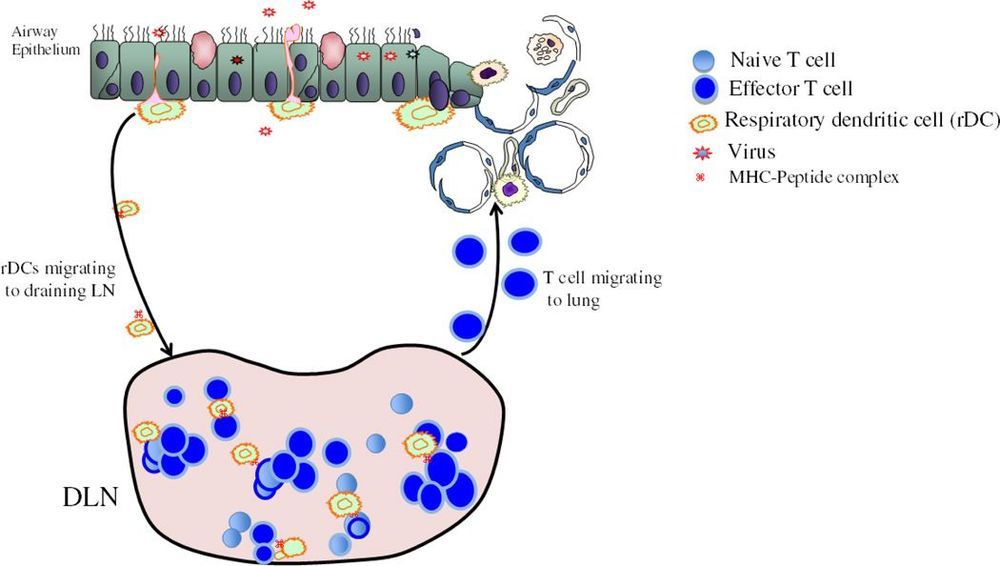Circa 2014 Emerging respiratory coronaviruses such as the Severe Acute Respiratory Syndrome coronavirus (SARS-CoV) and Middle East Respiratory Syndrome coronavirus (MERS-CoV) pose potential biological threats to humans. SARS and MERS are manifested as severe atypical pneumonia associated with high morbidity and mortality in humans. The majority of studies carried out in SARS-CoV-infected humans and animals attribute a dysregulated/exuberant innate response as a leading contributor to SARS-CoV-mediated pathology. A decade after the 2002–2003 SARS epidemic, we do not have any approved preventive or therapeutic agents available in case of re-emergence of SARS-CoV or other related viruses. A strong neutralizing antibody response generated against the spike (S) glycoprotein of SARS-CoV is completely protective in the susceptible host. However, neutralizing antibody titers and the memory B cell response are short-lived in SARS-recovered patients and the antibody will target primary homologous strain. Interestingly, the acute phase of SARS in humans is associated with a severe reduction in the number of T cells in the blood. Surprisingly, only a limited number of studies have explored the role of the T cell-mediated adaptive immune response in respiratory coronavirus pathogenesis. In this review, we discuss the role of anti-virus CD4 and CD8 T cells during respiratory coronavirus infections with a special emphasis on emerging coronaviruses.
Coronaviruses belong to the family coronaviridae and are enveloped, positive-sense, single stranded RNA viruses. The coronavirus genome is approximately 31 kb, making these viruses the largest known RNA viruses yet identified. Coronaviruses infect a variety of hosts including humans and several other vertebrates. Coronaviruses are associated with several respiratory and intestinal tract infections. Respiratory coronaviruses have long been recognized as significant pathogens in domestic and companion animals and as the cause of upper respiratory tract infections in humans. Thus, several human coronaviruses (HCoVs) are the etiological agents for mild respiratory illness, including the common cold and croup (e.g.: HCoV-229E, HCoV-OC43, HCoV-NL63 and HCoV-HKU) (3, 4). Human coronaviruses such as SARS-CoV and MERS-CoV are also associated with severe respiratory illness (5–9).
